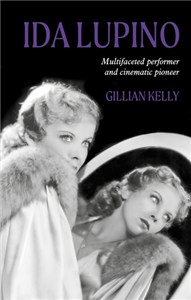Cinosargo
Cinosargo Editions is a Chilean publishing label based in Mexico. We are a cross-border project with a catalog of one hundred titles by Latin American authors. Cinosargo is a multimedia project that was born on the northern border of Chile (Arica), bordering Peru and Bolivia in 2003. Since 2010 we have become one of the Chilean independent publishers with the greatest projection and continuity.Cinosargo covers the digital dissemination of art through its magazine, and the production and distribution of the printed book thanks to our publishing house and the organization of Fairs, Festivals and Congresses. You can visit our sites www.cinosargo.cl and www.cinosargoediciones.comOur editorial team is led by Daniel Rojas Pachas, Milvia Alata and Gonzalo Geraldo.
View Rights Portal


























